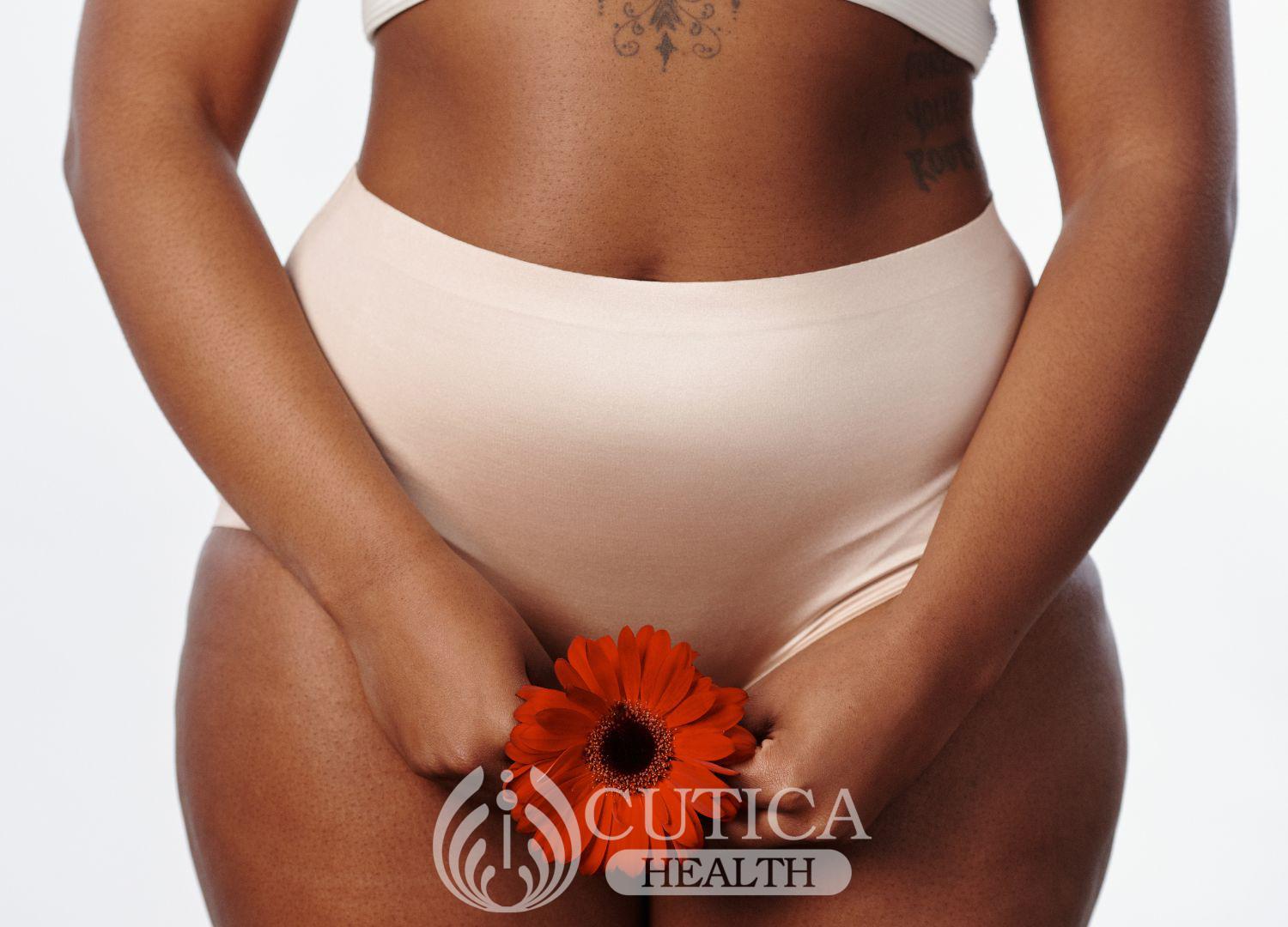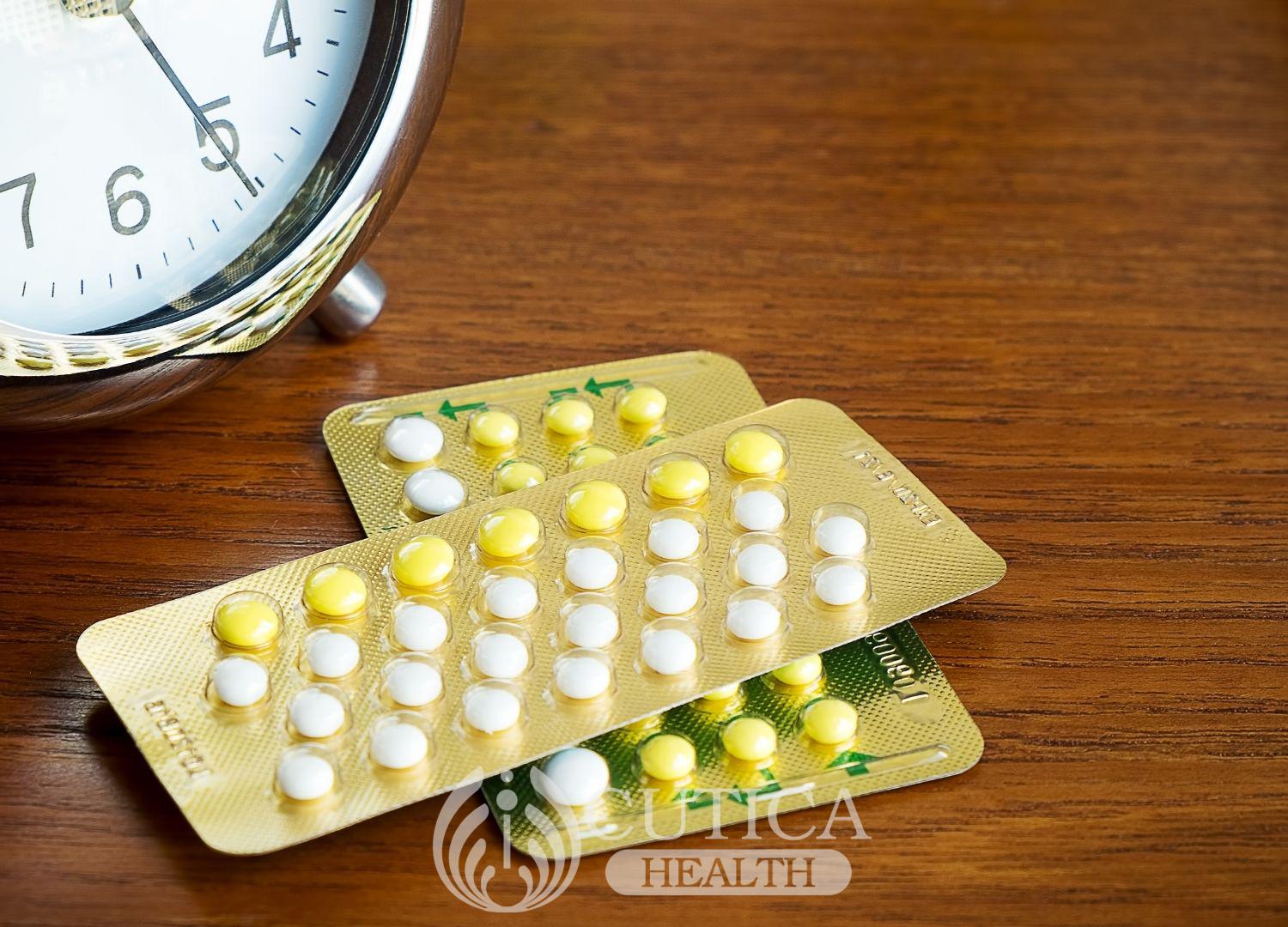
Growing up with three sisters who looked like models, Gemini had always been self-conscious. With a face and body full of hair, acne, and overweight, she was the perfect target for bullies. While some called her she-male, others called her a werewolf. These features that made her self-conscious didn’t start until her pubertal years when her menstrual cycle began.
The first few menstrual cycles were so painful for her, and she had to use more tampons than her three sisters combine. At 15, she got her diagnosis—Polycystic Ovary Syndrome (PCOS).
What is Polycystic Ovary Syndrome?
PCOS is a condition that involves the presence of more male reproductive hormones than there ought to be in a female. This comes from large amounts of abnormal fluid-filled swellings in the ovary called cysts.

Normally, females have a small amount of male hormones (androgens) present in their body.
But in a woman with PCOS, these male hormones are secreted more than normal, causing the woman to have features that belong to a man, e.g., excess body and facial hair.
Some women with PCOS also have problems getting pregnant as they have little or no menstrual cycle.
With PCOS, there is a high risk of having conditions like:
- Diabetes
- Obstructive sleep apnea (this is the total or partial obstruction of the airway during sleep, it may be partly due to the obese structure of these women)
- Obesity
- Heart disease
- Mood disorder, due to the hormonal imbalance in PCOS
- Endometrial cancer (this is a type of cancer that affects the lining of the womb).

Signs and symptoms of PCOS
- Menstrual irregularities: Women with PCOS either have few or no menstrual periods.
- Metabolic syndrome: This refers to the tendency of having abdominal obesity (fat accumulation in the abdomen) and other disorders due to insulin resistance. Insulin is a hormone that helps control the regulation of nutrients in the body, especially sugars. When the body does not respond to it, this is termed insulin resistance, and leads to conditions such as diabetes.
- Infertility: This generally results from the lack of ovulation, which may occur in PCOS.
- Masculinization: Women with PCOS have many masculine features, such as excessive body and facial hair. Other signs include acne, and androgenic baldness (hair loss or thinning). Due to the presence of too much male hormone, some females have heavy and prolonged menstrual periods.
- Skin darkening and presence of excess skin on the neck and armpits
- Pelvic pain
- Mood changes

Cause of PCOS
The cause of PCOS remains uncertain, but the factors that increase the chances of developing it include:
- A family history of PCOS
- Diabetes
- Obesity: This also results in insulin resistance and increases the chances of having other menstrual disorders.
Treatment of PCOS
PCOS affects females of childbearing age, and it has no cure. Nonetheless, the symptoms of PCOS can be controlled and alleviated using many approaches:
- Lifestyle changes: This involves increasing the amount of physical exercise and cutting down on unhealthy foods to maintain a normal weight.
- Hormonal medications: Oral contraceptives increase the chance of a woman with PCOS having a child. These drugs also reduce the amount of body or facial hair and regulate menstrual periods.
- A drug called Metformin helps reduce insulin resistance seen in females with PCOS. The medication could also help promote ovulation in PCOS.
- Other drugs to reduce the masculinizing effects and manage insulin resistance are available.
- Surgery: Certain surgical procedures that help improve fertility and reduce PCOS symptoms can also be performed.

PCOS is a common hormonal problem in women of childbearing age. It is also a common cause of infertility among women. If you have noticed excessive facial hair as well as menstrual irregularities, it may help to visit your healthcare provider for evaluation and treatment.












